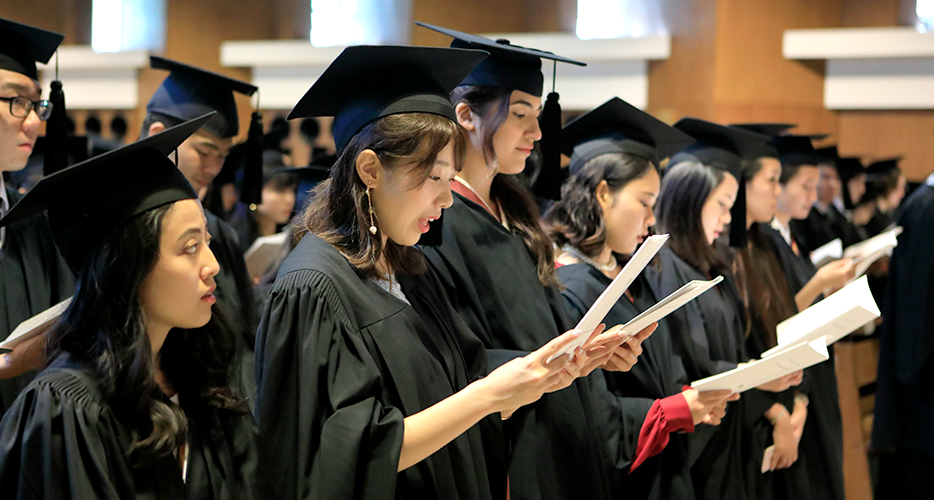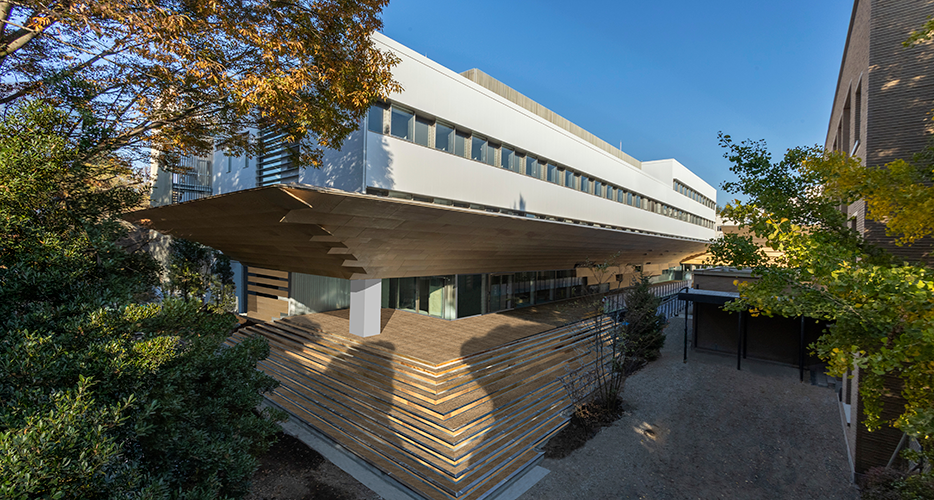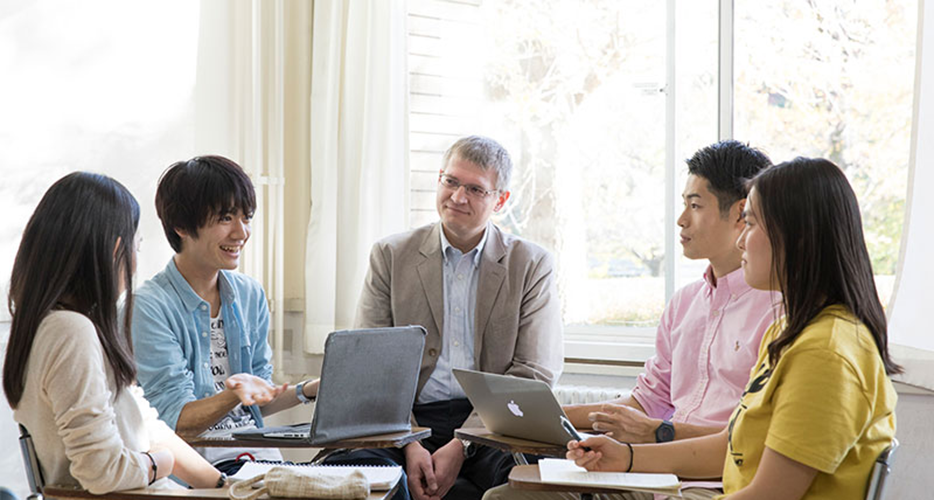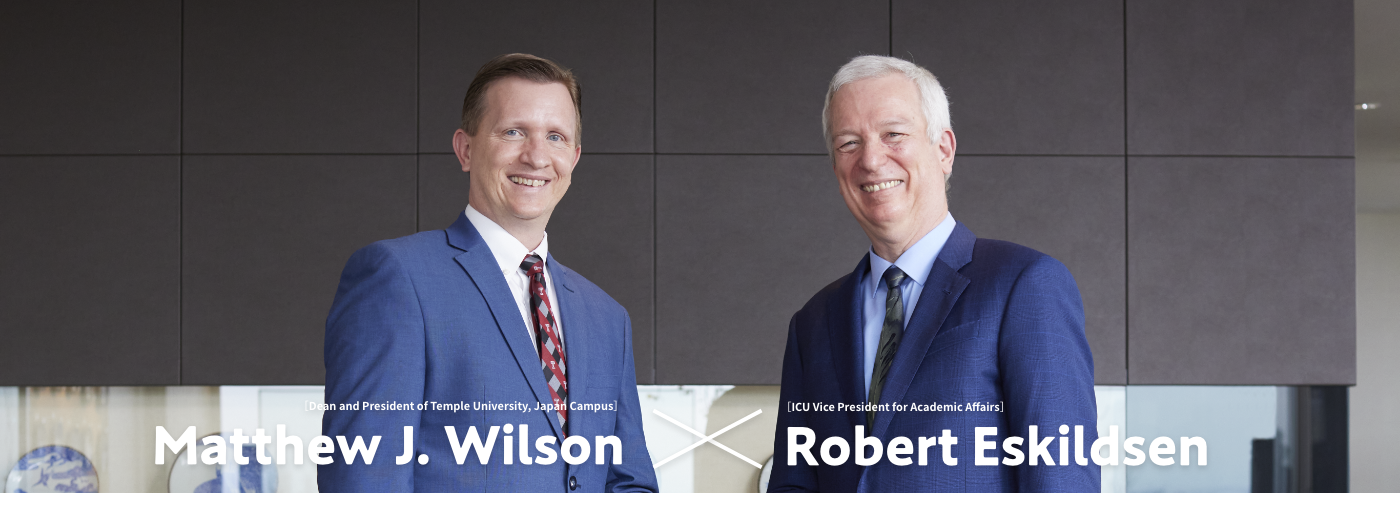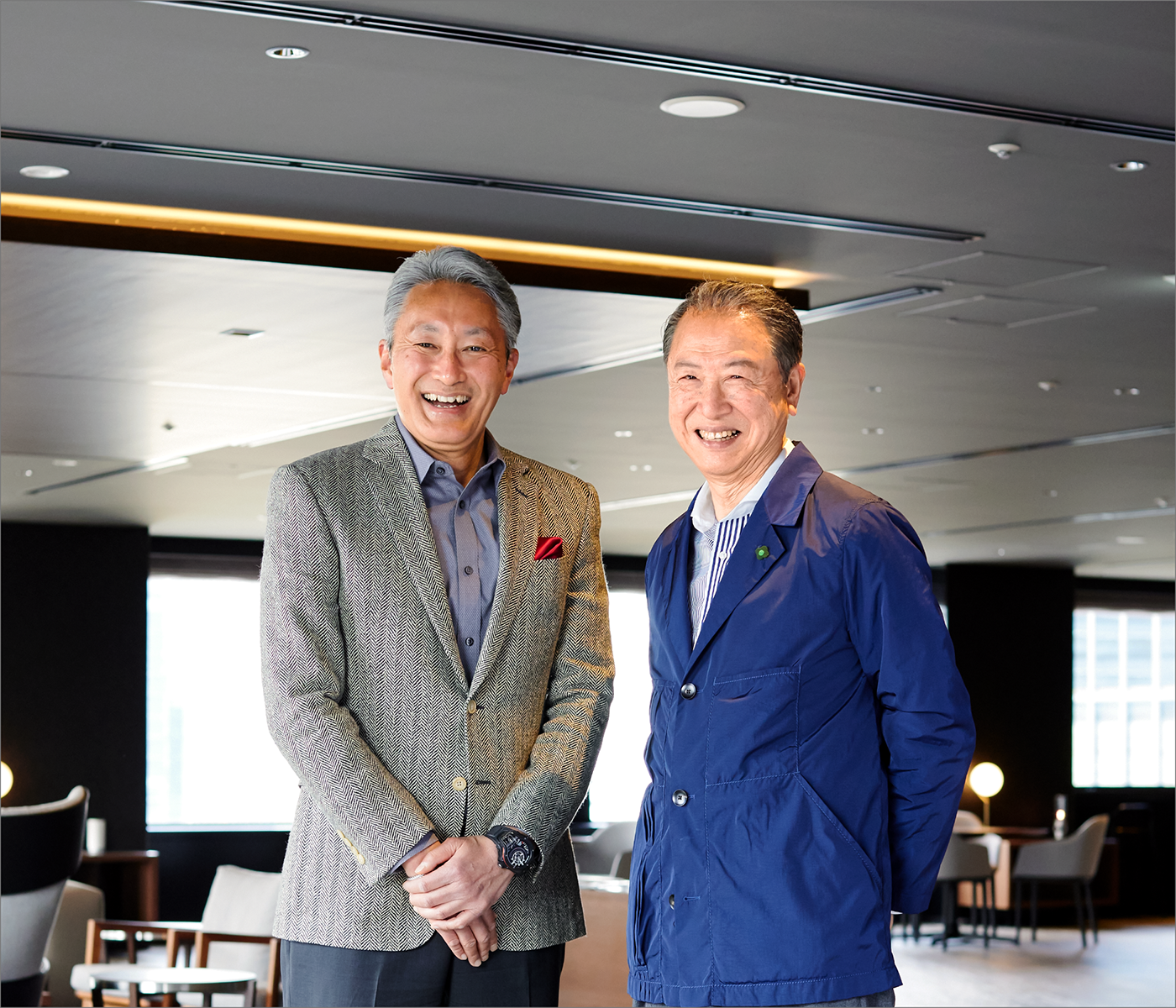
Kazuo Hirai, who engineered Sony’s brilliant turnaround and ICU Chairman of the Board of Trustees, Hirotaka Takeuchi, had a dialogue on their learning experience on the same campus at different points in time.
#Otherness #Minority #Identity #Common good #Community
‘Agree to Disagree’ Engaging with “otherness” (「異端」),
the very nature of liberal arts
Education in Japan has long been criticized for its emphasis on cramming and rote learning.
The revised Learning Guidance Outline received attention for espousing self-directed learning with an emphasis on dialogue; but a substantial shift in this direction will probably take time.
What exactly is self-directed learning with emphasis on dialogue?
What sort of potential will it cultivate and how will it manifest itself in the course of an individual's life?
We have hints of answers to these questions in this conversation between two ICU alumni, former Sony Corporation Chairman, Kazuo Hirai and ICU Chair of the Board of Trustees, Hirotaka Takeuchi.
Hirai spearheaded the conglomerate’s revival, lifting it out of years in the red, with the corporation earning its highest profit in two decades in 2017.
As the first Japanese professor at Harvard Business School, Takeuchi’s ideas continue to inspire his students at Harvard and entrepreneurs through his Chishiki Sozokigyo (The Knowledge Creating Company) co-authored with Ikujiro Nonaka.
This talk provides us with hints as to how to overcome challenges in an age of volatility, uncertainty, complexity and ambiguity (VUCA).
INDEX
- 01 “Otherness” is both an adversity and an opportunity
- 02The ICU community values diversity
A campus designed to facilitate encounters with “otherness” - 03You need your own opinion to survive the 70-minute classes:Psychological security assures student independence
- 04Shin-zen-bi (Truth - Goodness – Beauty) and liberal arts
Universal human competencies that shed light on the VUCA world
Paragraph 01
“Otherness” is both an adversity and an opportunity
In keeping with the lessons to be drawn from the fable ‘The Emperor’s New Clothes,’ administrators of an organization need to lend their ears to those who disagree with them. This is vital for the flow of new ideas and innovation, and for weeding out serious indiscretions. In this VUCA age, leaders must accept ideas, including criticism, when deciding on a clear course of action and vision for their organization.
Hirai mentions in his book, Sony Saisei (Revitalizing Sony: Achieving change through a typical leadership, Nihon Keizai Shimbun, 2021), that he welcomed ideas for management that contradicted his own, describing these as iken (異見), a concept formed by combining characters that stand for different (i), and view (ken). His experience with otherness can be traced back to his childhood.
“I followed my father to different posts overseas in the U.S. and Canada. Always the odd one out, I was the Japanese boy struggling with his English wherever I went. Back in Japan, I felt misunderstood all over again, when my teacher scolded me for handing in a week’s worth of homework all at once. This was what we did at my previous school in the U.S., but the reaction was, “You are not in America!” I was an outcast in my own country.
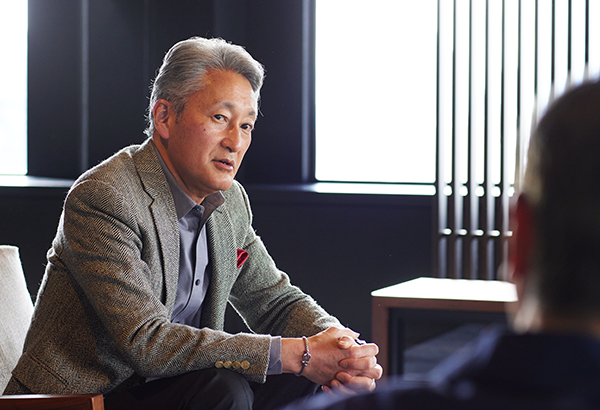
Takeuchi’s parents enrolled him at an international elementary school. The choice was not exactly typical for parents in his neighborhood in the 1950s. “My kindergarten classmates would say, ‘Hiro-chan’s attending a weird school.’” But he liked to think that being different made him feel good. “It meant I was getting attention, and that was an opportunity. I must have seemed somewhat eccentric, but I got along with friends in my neighborhood just fine.”
ICU welcomed both Hirai and Takeuchi, who had regarded themselves as outcasts. In fact, Hirai says that ICU liberated him from the stress of being an outsider. This reflects ICU’s respect for diversity.
At ICU, students and faculty come from myriad backgrounds. Everybody is different. Hirai said, “There were students like me who had returned from the U.S. but had also been to school in Japan. Others had finished their secondary education in Africa or Europe; some had never been out of Japan. Difference was a given and accepted in the environment at ICU. For the first time in my life, I was not an outsider.”
ICU’s respect for diversity can be traced back to its founding philosophy. The university was established out of deep remorse over the tragedy of World War II, seen as those who were to nurture globally minded citizens. Globally minded citizens were open to diverse values and could contribute to establishing peace and coexistence in the world by working with people around the globe. Cultivation of a mindset that respects diverse values rooted in different nationalities, ethnic races and cultures is indispensable for global citizenship. This is why ICU offers a variety of admissions systems for both Japanese and international students in order to maintain a diverse student body.
Takeuchi said, “At ICU, we don’t distinguish between the majority and the minority. We are attuned to think something is not right when everybody in the room professes to have the same opinion. I think the culture on campus has been that you did not feel comfortable just because your opinion coincided with most of the others, a stark contrast with the conventional Japanese way of thinking.”
The next step after accepting iken is to thoroughly discuss the differences, rather than rejecting them. Hirai’s management philosophy is clearly rooted in his days at ICU, especially in terms of feeling comfortable with those who disagree with him. Being regarded as an anomalous outsider is not always a positive experience. But embracing your otherness as a strength and opportunity rather than as a handicap can have a decisive impact on your life.
The lesson we learn here points to the importance of the community and environment in managing any organization, including universities and corporations. A culture that considers nobody to be an outsider, where everybody feels accepted and valued: this spirit is indispensable in forming a community that reckons adversity as an opportunity.
Paragraph 02
The ICU community values diversity
A campus designed to facilitate encounters with “otherness”
At ICU, each student has a kind of homebase. It could be the spacious lawn in front of the University Hall or the library for some, from which they would go off to class or to extracurricular activities. For Hirai, it was the Diffendorfer Memorial Hall, or D-Kan, in ICU parlance.
Completed in 1958, the D-Kan (presently Diffendorfer Memorial Hall East Wing) was designed by architect William Merrell Vories. As the first student hall built in Japan, it houses the auditorium and student club rooms to this day, serving as a hub for recreational activities. Takeuchi graduated in 1969 and Hirai in 1984, so their college experiences did not overlap, but they share fond memories of the building.
Hirai reminisced, “I had fun talking with people I wouldn’t have met had I not taken a break in the D-kan between classes. It would be small talk about nothing in particular or something serious. I was commuting from home, so meeting students who lived in the dorms and those involved in theatrical or musical activities meant a lot to me.” It was as though I was involved in an endless succession of new encounters with “otherness.”
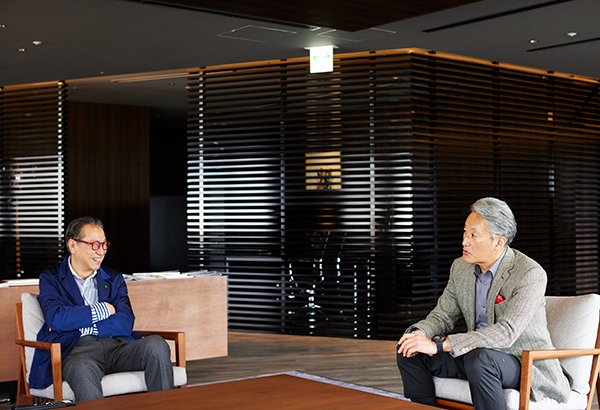
Takeuchi suggested that the encounters in the D-kan may have been designed in advance. “We had a post office and a coffee vending machine in the building, so we would sort of walk in inadvertently. After class, we would walk past the lawn in front of the Main Hall to the D-Kan and Dining Hall and the narrow pathways that led to the dormitories. This environment was intentionally created so students could get to know each other somewhere on campus, reacting to each other in different ways. I suspect the founders intended the campus grounds to be a space for such chance encounters.”
The D-kan was also a place to expand dialogue in the arts, as defined in the narrow sense. Students involved in theater and music assembled there, to practice and perform in the auditorium. Hirai recalled, “The sound of their instruments or voice training was like background music that could be heard all the time in the building, so you could indulge yourself with an artistic and cultural ambience just by walking in.” Takeuchi reflected that his experience as a last-minute stand-in for a part in a theatrical production helped considerably when he applied for a teaching position at Harvard Business School. “People like Yoko Narahashi (Casting director and film producer, class of 1969), with whom I had some very interesting conversations, also frequented the D-Kan.” The two share fond memories, transcending time, of encounters with people engaged in artistic activities.
A thorough restoration of the D-Kan was completed in 2021, with emphasis on sustaining and restoring the building’s original design and functions, although large-scale renovation was also considered. The design that the two alumni remember has been preserved, serving the ICU community in providing plenty of space for encounters with “otherness.”
Accidental contacts are also a feature in the design of the new Troyer Memorial Arts and Science Hall which opens in April 2023. Research and experiment laboratories currently located in the Science Hall and the research centers for the humanities and social sciences will move into the new building. It will also house a large classroom with a capacity of 300 and a cafeteria where students can relax and meet each other. The completion of the Arts and Science Hall also means that the concept of the quadrangle or courtyard surrounded by educational facilities will be born.
The innovative design of the Arts and Science Hall will provide all students with new opportunities, with its glass-walled experiment facilities and open laboratory space. Science will blend into the lives of all our students on a daily basis, leading to inadvertent encounters and discoveries. We believe it will be an unprecedented space for a liberal arts college in Japan.
Accidental encounters within the community activates dialogue and safeguards respect for diversity. The campus design plays an indispensable role in realizing learning with an emphasis on dialogue as mentioned in the new Learning Guidance Outline.
Paragraph 03
You need your own opinion to survive the 70-minute classes: Psychological security assures student independence
ICU offers plenty of space where “otherness” can take place. The classrooms are a good example. Small classes have been a tradition at ICU since the founding days, with a full-time faculty to student ratio of 1 to 18 as of October 1, 2022. Most courses offer fully interactive sessions, with discussion between faculty and classmates a norm in class, rather than the professor lecturing to a large number of students. This exchange helps sort out your own thinking and cultivates the ability to communicate your ideas.
Hirai does not recall courses with just the professor lecturing. The emphasis on dialogue meant that students were required to think on their own and express their ideas throughout the 70-minute sessions.
Takeuchi pointed out, “This is similar to the way children are brought up in American homes. When the family sits around the table to dine, the events of the day will be discussed after grace is offered. The parents will ask the children what their thoughts are on a certain topic. This ‘What do you think?’ culture is also grounded at ICU, enticing students to think and express their own opinions all the time.”
Students also learn ways how to handle others’ opinions. The premise is to listen intently to what your counterpart is saying, even if you disagree. The mindset required here is not rejecting something because you differ, but understanding it.
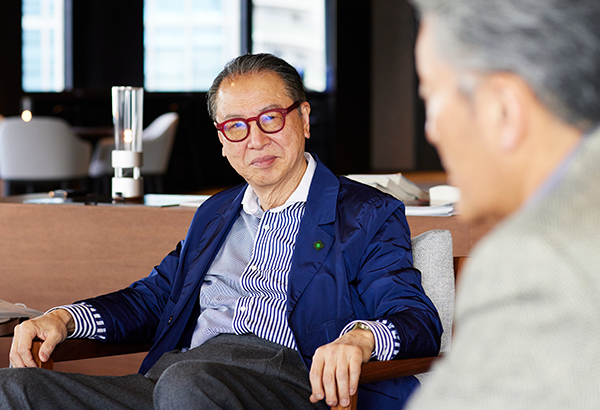
The two described this disposition as ‘Agree to Disagree’ or accepting the differences in opinion.
Takeuchi said, “When you discuss things with different people, there will always be issues on which you disagree. That does not mean you need to renounce them or force them to agree. You need to convey why you disagree using your own logic and showing respect to the other person’s way of thinking. That way, it won’t matter even if you don’t arrive at the same conclusion.”
Hirai also reminisced that the learning at ICU helped his corporate management skills. “For each member of the organization to feel comfortable with and actually practice the mantra ‘Agree to Disagree,’ the management needs to be innovative. For example, if someone came up with an idea that differed from the majority during a conference, we would praise the person making the suggestion regardless of its feasibility. As an executive, it was a way of showing respect to the person who provided us with a fresh perspective.”
Hirai emphasized that this kind of management philosophy provides a stronger degree of psychological safety within the organization. This factor should also be important for modern-day higher education that requires students to learn on their own initiative.
Paragraph 04
Shin-zen-bi (Truth - Goodness – Beauty) and liberal arts
Universal human competencies that shed light on the VUCA world
So far, this dialogue has delved into the importance of an exceptional community and psychological security in realizing dialogue for proactive learning. In this part of the discussion, they talked about how this type of learning helps us navigate life.
Hirai said, “One of the things I learned during the four years at ICU is that a leader must be a person of integrity. There are diverse leadership theories founded on different cultures around the world, but integrity is a universally indispensable factor.”
He then said, “What I repeatedly convey to others is that leaders must first be worthy of respect, before they engage with managerial strategies. Regardless of size, all organizations have individuals at their root. To be held in high esteem by most in the organization is a prerequisite for a leader.”
The values expected in a respected individual can be encapsulated in the characters shin (truth), zen (goodness), and bi (beauty). They epitomize the qualities universally valued in a fully cultivated person, and also relate to the learning in liberal arts at ICU.
Hirai’s potential from the perspective of shin-zen-bi in taking the helm at Sony was developed to the fullest when he adopted KANDO (emotional experience) as the direction for his company, and this was conveyed to employees around the world. Use of the Japanese word, not its English translation, was intentional, the roman characters giving everyone room to think. He flew around the world visiting hubs for town hall meetings to convey his message. KANDO is a fruit of Hirai’s experiences and management philosophy in shin-zen-bi.
We live in a VUCA age, with the lingering effects of the Covid-19 pandemic. It is apparent that we need dialogue and proactive innovation to live out these times, bracing ourselves in shin-zen-bi resourcefulness to discern a direction for the common good.
The international character of ICU plays an important role in developing the personality of its students.
Hirai said, “At ICU we developed a keen interest for geopolitics and the UN, which were topics we discussed often. As an international law major, I was naturally interested in how countries maintained mutual peace. Many students shared the hope of making the world a better place through peaceful interaction on a global scale.”
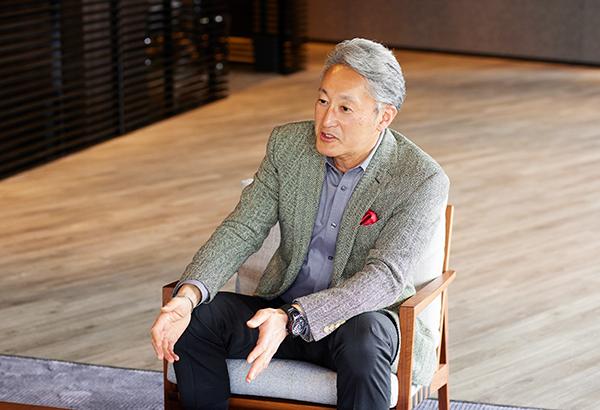
Takeuchi said, “Quite a number of our alumni work at international organizations such as the UN and international NGOs. That is probably because they nurture a global perspective as students, cultivating their own thinking by expressing, discussing and developing their ideas. I find this simply admirable.”
What we need to understand is that, for the ICU community, globalization and SDGs come naturally. Students rarely build a wall around themselves, are open-minded and eager to broaden their horizons. The healthy competition among them on campus cultivates the potential to discern and absorb universal values.
[Postscript]
Revisiting “Otherness”
Public relations materials that talk of life-changing encounters at ICU are not designed to embellish the experience. When psychological security is secured in a campus culture, students feel comfortable about expressing ideas and opinions within the community, and this in turn can be a transformative experience leading to shin-zen-bi.
How do we nurture the ability to survive in this age of unpredictable change that is arriving with unprecedented speed? Two indispensable factors provide the answer: providing a community at the core of instruction in liberal arts and cultivating human potential along the values of shin-zen-bi.
In the future, “otherness” may affect not only humans but also animals, the natural environment as well as AI. The human capacity cultivated at ICU will be put to the test when we face unprecedented challenges in the future, such as conflicts, epidemics, or singularity.
In such cases, we may want to explore the application of another core of ICU, its Christian spirit, which was not discussed in this conversation. Deviating from the orthodox in the religious sphere may differ from concepts discussed here. We do know that ideas at variance with accepted doctrine in the history of religion, especially when referred to as heresy, can have negative connotations. And yet, concern for this negative facet has led to opportunities for dialogue and cooperation in the modern age. It will be to our advantage to study the past when we confront “otherness.” After all, all our neighbors were originally strangers.
Related Information
Sub Dialogue

Intellectual Interaction
Two outsiders who embrace “otherness” talk about their attachment to Japan
It turned out that Hirai and Takeuchi attended the same kindergarten. Here are excerpts of their conversation that could not be included in the main part of this article.
- Takeuchi
- I grew up with a lot of experience abroad and in different cultures. But I tell my students who grew up in similar circumstances to pick one location to plant your roots. That is because you can build a deeper and firmer foundation in yourself with a single root in one location which, in my case, is Japan. That also means I am determined to work towards a better tomorrow for Japan based on the values of shin-zen-bi.
- Hirai
- I totally empathize with you. My bond with Japan is the reason I want to find a solution for the problem of poverty among children. One out of seven suffer from this problem in Japan, a very high rate among OECD nations, while we also have a low school attendance assistance rate. This issue needs to be addressed immediately, because it’s not a healthy situation. I established Project KIBO (Hope) in 2021 to secure funding and to create opportunities to talk with the children who will lead the next generation.
- Takeuchi
- Your ideas and actions are all related to the founding philosophy of ICU. The founders stated that ICU would not reject a student for financial reasons. At the time, 25% of ICU students received scholarships, but now this rate has shrunk to about a third of what it was then. We have to do something to improve the situation, so students will not forgo studying at ICU for financial reasons.
- Hirai
- Yes. Project KIBO hopes to provide impressionable experiences to as many children as possible for their growth. The project has plans to take children around ICU to feel the lively ambience on campus. They will enjoy not just the classrooms but also the intellectual activity in various fields, including the music making and dancing that fills the grounds.
- Takeuchi
- When the administration heard of your plan, they were all for it. We were happy and honored to be chosen as a typical academic forum in liberal arts. We haven’t been able to actually implement the plan yet, but when I have a chance to meet the children, maybe I can go skiing with them.
PROFILE
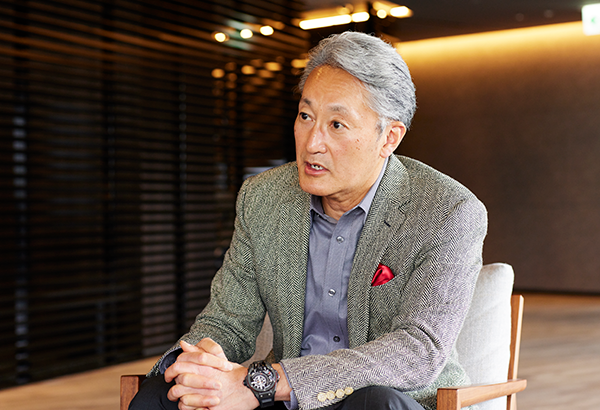
Kazuo Hirai〔Sony Group Senior Advisor/Representative Trustee of Project KIBO〕
Hirai joined CBS Sony after graduating from ICU College of Liberal Arts in 1984. He became President of Sony Computer Entertainment in 2006 and President and CEO of Sony in 2012, and Chairman of Sony and Sony Group Senior Advisor in 2019. He is Representative Trustee of Project KIBO.
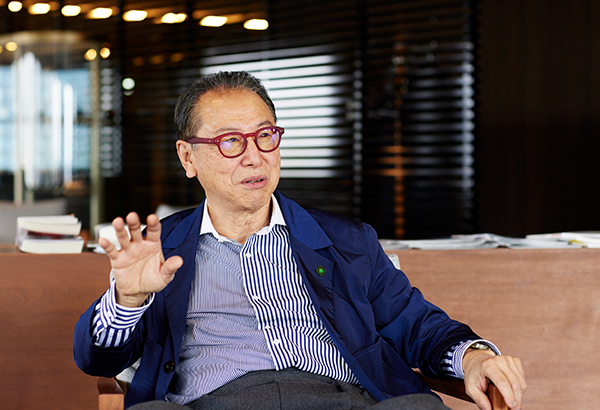
Hirotaka Takeuchi〔Chair of the ICU Board of Trustees〕
Dr. Takeuchi has been Chair of the ICU Board of Trustees since June 2019. Specializing in business management, he graduated from ICU College of Liberal Arts in 1969. He started teaching at Harvard Business School as lecturer in 1976, and currently serves as professor.


